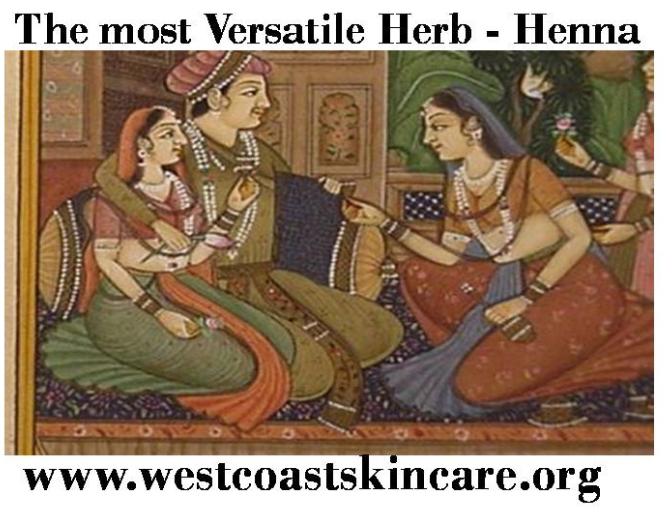Did you know it is documented that Cleopatra herself used Henna for decorative purpose??
It’s time to know about this
versatile herb!
Henna is a flowering plant that
grows to a medium height from a species called the Lawsonia genus. It is also
called hina, Eqgyptian privet, and mignonette. The word henna comes from the
Arabic (hinna). The word henna also refers to dye prepared from the henna plant
and the art of temperory tattooing based on these dyes. For many centuries this
is used to dye skin, hair, fingernails as well as few fabrics.
The art of henna is called
Mehndi which is being practiced over many centuries in India, Pakistan and
Middle East. Research did have some documentation that it is over 9000yrs. Have
you wondered WHY? Well, because henna has natural cooling properties, people of
the dessert, for centuries, have been using henna to cool down their bodies.
Best of all is It’s Easy!!! Yes, all they need to do is to make a paste of the
leaves and soak your palms and soles of the feet to get that air conditioning
affect. They feel its cooling sensation throughout the body as long as the
stain remains on their skin. When fading started, it left patterns on the skin
surface and that lead to “Henna Designs”.
Here are some the uses of Henna:
1. Headaches:
The flowers of henna can be used to cure headaches which are due to excessive
exposure to hot sun. All you need to do is chop some flowers and make a paste
of them using little vinegar and apply that on your forehead. Good Bye to
Headache!
3. For Hair: One key benefit you wouldn’t want to miss out is the wellness henna gets to your hair. It is a natural remedy for hair loss and is also excellent for maintaining overall hair quality. Have you ever wondered why the Indians and Mid-Eastern people is adorable? Think now. The regular use of henna will help to seal and repair the cuticle which in turn prevents breakages. One of the main benefits of henna for hair is that it prevents dandruff, hair fall and premature graying of hair. There are many different ways how to you mix and apply this paste on your head. (Shoot me an email to know more on this @westcoastskincare@gmail.com)
4. Henna
for Nails: Henna is also known to prevent breaking of nails. Now you know why
those little cups of henna stain at the tip of fingers in the olden paints. One
can also soak henna leaves in water and drink it the next day which has many
medical benefits.
Yes, henna also used to treat sleeplessness,
skin infections, burns, liver disorders, fever reduction and lot more. Apart
from all these henna on skin can be turned into a beautiful art that you cant
take your eyes off.
The traditional Side of Henna:
Henna is used traditionally for
a lot of occasions like birthdays, festivals and weddings in many parts of the
world. The most popular tradition in that a Mehndi (henna) night where the
bride, her family, her relatives and friends gather and celebrate the upcoming
wedding. The bride gets her extensive patterns of henna done along with other
guests and family.
It is said that as long as the
henna stain appears on the bride, she doesn’t have to do any household work.
Also, the darker the stain the better the marriage, and the better the
mother-in-law will be. Some believe that women with stained hands are often
blessed by the goddess. Did you know each pattern of henna has different
meanings to it too???
Final Words to Remember
"There is Nothing called Black Henna"
Happy Hennaing J
Ash
